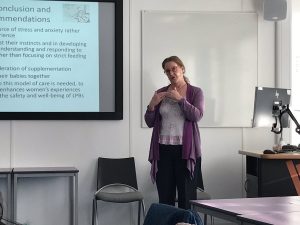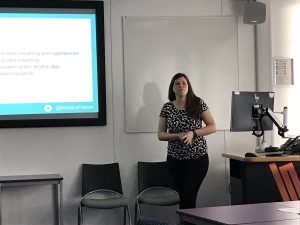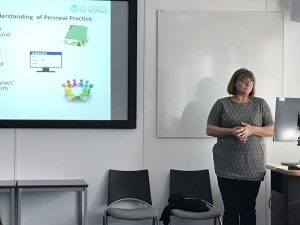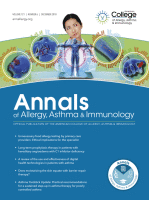There are some exciting developments surrounding clinical research within Dorset, most recently with the formation of the Research Active Dorset (RAD) group. The group has a number of representatives from BU, and recently has launched their online platform, which you can find here.
Please see below for a message from the Chair of RAD, Dr Phil Richardson, NHS Dorset CCG:
‘Senior clinical and management research leads from all NHS and Local Authority partners in Dorset have agreed to work together to drive research and innovation to deliver better quality of health and care for the Dorset population. Members of Research Active Dorset also includes Bournemouth University, Southampton University, Academic Health Science Network, Applied Research Collaboration, the National Institute for Health Research and Clinical Research Network (Wessex).
Our aim is to provide research and innovation that leads to better health, employment, economic development, national and international collaboration. Please share the link with all those interested in research and innovation. In the coming months we will be setting up a community of interest.
I look forward to bringing you more news as RAD develops.’

















 SPROUT: From Sustainable Research to Sustainable Research Lives
SPROUT: From Sustainable Research to Sustainable Research Lives BRIAN upgrade and new look
BRIAN upgrade and new look Seeing the fruits of your labour in Bangladesh
Seeing the fruits of your labour in Bangladesh Exploring Embodied Research: Body Map Storytelling Workshop & Research Seminar
Exploring Embodied Research: Body Map Storytelling Workshop & Research Seminar Marking a Milestone: The Swash Channel Wreck Book Launch
Marking a Milestone: The Swash Channel Wreck Book Launch ECR Funding Open Call: Research Culture & Community Grant – Application Deadline Friday 12 December
ECR Funding Open Call: Research Culture & Community Grant – Application Deadline Friday 12 December MSCA Postdoctoral Fellowships 2025 Call
MSCA Postdoctoral Fellowships 2025 Call ERC Advanced Grant 2025 Webinar
ERC Advanced Grant 2025 Webinar Update on UKRO services
Update on UKRO services European research project exploring use of ‘virtual twins’ to better manage metabolic associated fatty liver disease
European research project exploring use of ‘virtual twins’ to better manage metabolic associated fatty liver disease